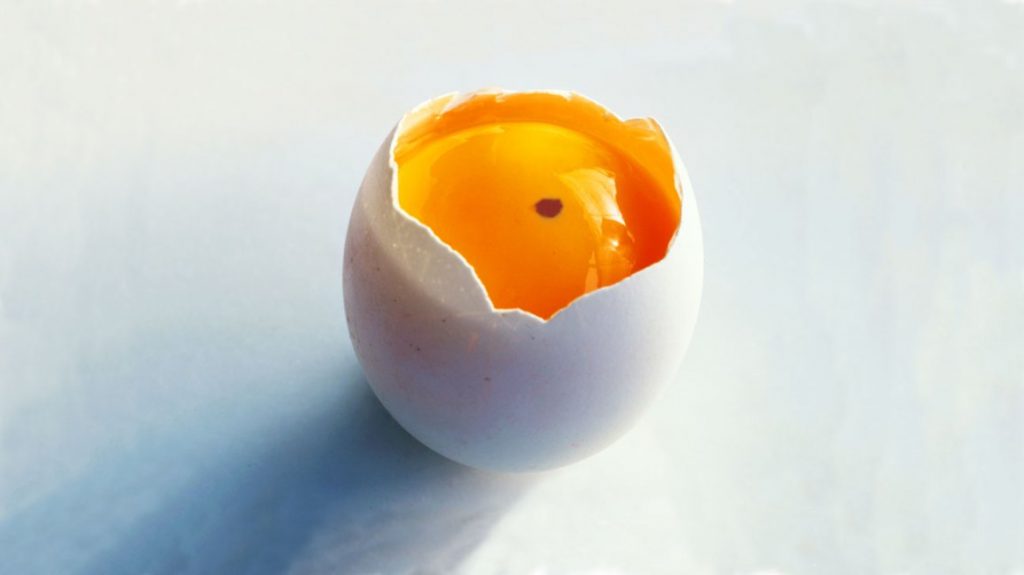Home » Fighting Falsehoods » Eating Cholesterol Won’t Alter Your Cholesterol Levels
Eating Cholesterol Won’t Alter Your Cholesterol Levels
Yes, dietary cholesterol matters.
No, an egg won’t kill you.

Today, the American Heart Association issued a “new” advisory, recommending that people reduce dietary cholesterol to reduce atherosclerotic cardiovascular disease.
What does this even mean though?
Let’s begin with some facts. First of all, “No one ever said dietary cholesterol does NOT matter. Rather, the shift was that it did not warrant a specific focus- because if you focus on getting the foods right in general, cholesterol intake winds up being addressed.” Says Dr. David L. Katz, MD, founding president of Yale-Griffin Prevention Research Center, and president of True Health Initiative. So, no, this is not another big reversal in nutrition science. It’s a clarification.
So, let’s clarify.
What is cholesterol and will it kill you?
Cholesterol is a waxy substance that your body needs to build healthy cells. If your body needs cholesterol, how could it kill you? Key word, waxy. Too much cholesterol can cause a build-up in your arteries, leading to atherosclerotic cardiovascular disease.
Your body creates its own cholesterol; typically 80 percent of your dietary cholesterol is produced by your liver, while the other 20 percent comes from your diet, but not just foods with cholesterol. Your body produces cholesterol to help digest saturated fats, and diet high in saturated fats is a likely culprit in increased cholesterol.
Analyzing a secondary analysis on dietary cholesterol from DIETFITS, THI Council Member, Christopher Gardner, PhD states that, “The improvements in blood lipids from replacing saturated fat intake with unsaturated fat intake are greater in magnitude than can be achieved by shifts in dietary cholesterol.”
So, eat all the eggs? No, not really. The AHA advisory is absolutely correct that we should be focusing more on dietary patterns, as recommended by the 2015 dietary guidelines for Americans.
We must always be mindful of “instead of what.” If you are swapping the typical American breakfast of ultra-processed high-sugar, high-fat foods for scrambled, boiled, or baked eggs, your are likely better off. But, there is still a better option.
A breakfast of steel-cut oats, nuts and berries will give you complex carbohydrates, healthy fats (which may help lower your risk of cardiovascular disease) and won’t kill any hens, or the land it takes to feed them.
And, as THI Council Member, Tom Rifai, MD, explains, some people will digest and absorb dietary cholesterol differently than others. Dr Rifai says, “those who have an established high-risk, such as type 2 diabetics, pre-diabetics or those with metabolic syndrome, and those who have established cholesterol based vascular disease, such as a history of heart attack, peripheral artery disease or stroke, may be more susceptible to increased cholesterol levels from a diet high in cholesterol-rich foods.”
What About The Eggs Though?
Is there a link between dietary cholesterol and blood-cholesterol levels? Yes. But just like any other nutrient, balance is key. We eat foods, not nutrients and a dietary pattern rich in the healthiest foods will help keep your cholesterol, and heart-disease risk in check. The dietary patterns recommended by the AHA dietary guidelines (DASH, Mediterranean, and Vegetarian) all have a daily cholesterol intake of less than 300 mg/day, the limit previously recommended by the AHA.
When we fill our plates with the foods that provide health and nutrients, we have less room for the foods that do us and our planet harm. Will a few extra eggs kill you? Not if those eggs are replacing bacon, but perhaps the steel-cut oatmeal with nuts and berries is healthier for both people and planet. For a healthy life and sustainable diet, focus on whole foods and eat lots- and lots, of plants.

